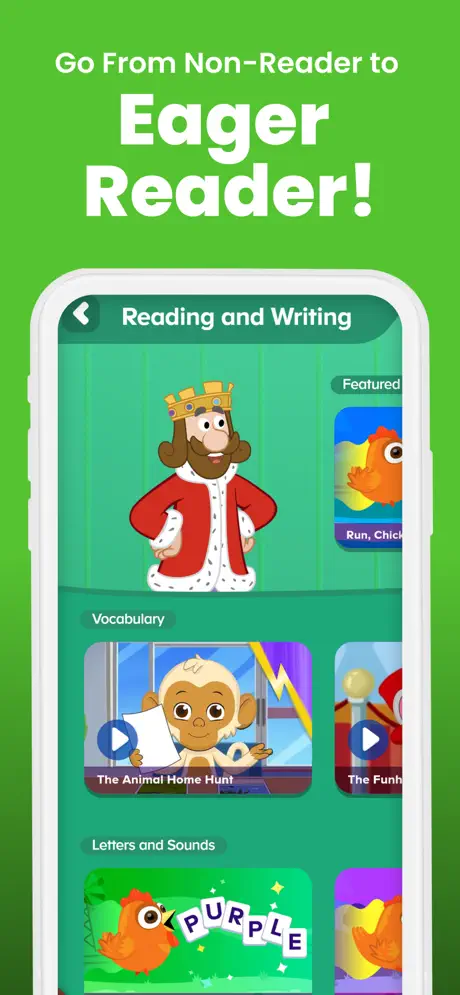Today, with the rapid pace of the digital age, the first few years of a child’s learning have gained a new partner in technology. With tablets and smartphones gaining prominence in homes, parents are relying on children’s reading apps, preschool learning games, and other learning apps for kids to aid early childhood education. These applications provide a fun, engaging, and interactive learning experience to impart basic skills, making learning fun, effective, and interactive.

The Transition to Digital Learning
Today’s children are born into a reality where digital engagement starts young. Instead of fighting against this change, a number of educators and parents are welcoming it by incorporating learning apps into everyday life. Digital platforms are now providing well-crafted preschool learning experiences, which assist kids in developing reading, writing, math, and critical thinking skills.
When deployed responsibly and in moderation, such digital applications do not supplant conventional pedagogy; rather, they enhance it. For example, a toddler singing the alphabet song with their caregiver throughout the day may employ a kid-friendly learning application in the evening to become familiar with letters and associate them with sounds through stories and imagery.
Benefits of Reading Apps for Kids
Children’s reading apps are specifically catered to young students with the use of vibrant animations, audio assistance, and touch-interactive features to capture their attention. Such apps can be highly beneficial for teaching initial literacy skills, including letter identification, phonics, and simple vocabulary.
They are effective because they allow children to tailor learning. Kids are able to learn at their own pace, review lessons, and even select stories based on what they find interesting. Such engagement tends to encourage children to read more, setting them up for a lifetime of book love.
How Preschool Learning Games Support Development
Preschool is an important period for emotional, cognitive, and social development. Preschool learning games target more than schoolwork alone; they foster memory, attention span, problem-solving, and even emotion control. From sorting colours, matching shapes, to learning to take instructions, these games break down abstract ideas into more manageable bits.
In addition, preschool games usually involve rewards, levels, and progress bars, which establish a feeling of accomplishment in children. They learn that working hard results in success, promoting perseverance and self-esteem.
Combining Play with Purpose
The glory of preschool education apps is that they can engage play and education together. By introducing learning in the form of stories, songs, and small challenges, the apps turn everyday lessons into thrilling games.
Parents can apply these tools to reinforce lessons learned at school or at home. A digital game that corresponds, for instance, if a child is studying animals, can get them to listen to animal sounds, identify animals with their names, or categorise them by habitat. Such enjoyable tasks enhance knowledge through repetition and engagement.
Setting Healthy Screen Habits
Though advantages are certain, equilibrium is everything. Screen time must be restricted, and children provided with adequate physical play, outdoor time, and social interaction. Parents must join their children in digital learning through co-playing, talking about new vocabulary, or singing along to rhymes. This lends meaning to the experience and builds parent-child bonds.
Conclusion:
Under the right direction, reading apps for children, preschool learning games, and other kids’ learning apps can become valuable friends in a child’s initial years of schooling. These computer-based tools make preschool learning possible, and fun, and provide a solid foundation for a successful academic future ahead.